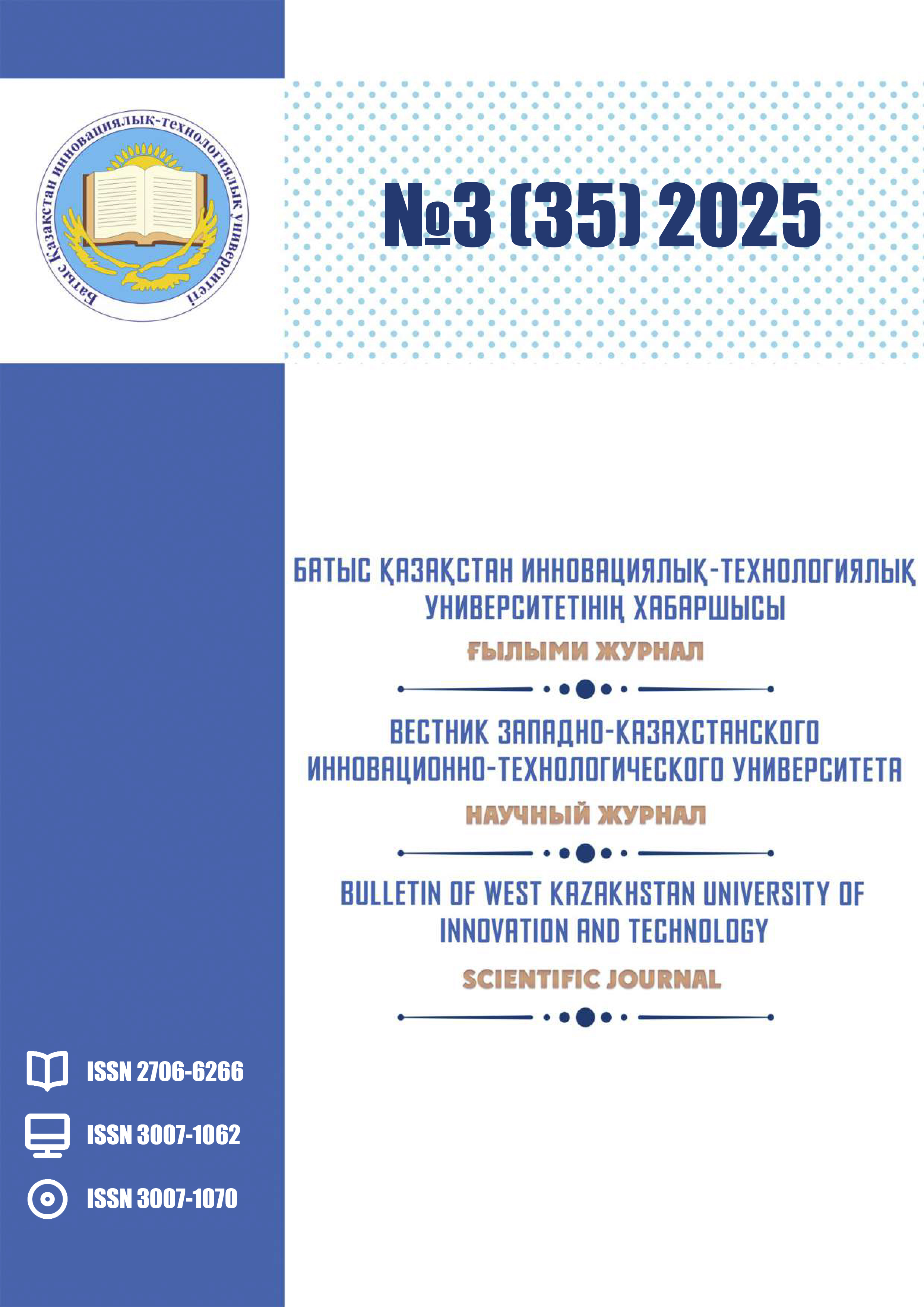LESSON PLANNING: A PROCESS OF PROFESSIONAL DEVELOPMENT FOR TEACHERS
DOI:
https://doi.org/10.62724/202530307Keywords:
lesson planning, pedagogical activity, observation, interpretation, reflection, professional development, teacher-student interaction.Abstract
The article addresses the urgent problem of enhancing lesson effectiveness and student-centeredness through improving lesson planning skills. It emphasizes that modern school conditions require resolving the contradiction between the demand for preparation speed and the unacceptability of a template-based approach. The study aims to develop and test a planning model that enables teachers to design engaging and developmental lessons considering students' individual characteristics.
The research is based on a theoretical synthesis of J. Korczak's psychological approach, focusing on deep understanding of the child, and V.A. Sukhomlinsky's pedagogical approach, oriented toward high culture of professional action. This foundation enabled the development of an original 5-step algorithmic lesson planning model comprising observation, analysis, reflection, support planning, and implementation stages. Empirical testing was conducted through a pedagogical experiment involving 24 practicing teachers, utilizing questionnaires and content analysis of lesson plans.
Results showed statistically significant improvement in teachers' self-assessment and qualitative enhancement of their practical skills: systematization of observations, depth of analysis, reflexivity, and ability to differentiate instruction. The model proved effective as a tool for transitioning from unsystematic lesson description to conscious lesson design. Scientific novelty lies in the proposed synthesis of classical pedagogical ideas, while practical significance is demonstrated through creating a specific tool for teachers' professional development.

